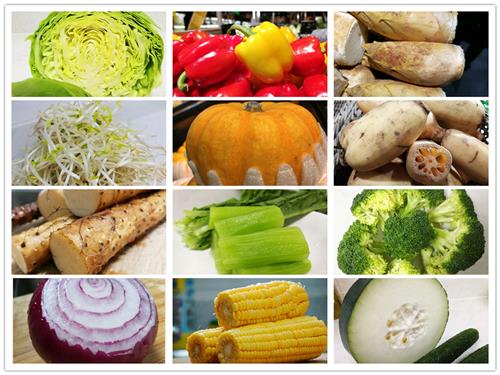High "protein"
After winter, you can properly increase the intake of high-protein foods, such as livestock and poultry meat, fish and eggs. 30% of the energy contained in the protein will become calories dissipated from the body surface, while only 5% to 6% of the energy contained in the carbohydrates is lost as calories and fat is 4% to 5%. Therefore, eating high protein foods in the winter helps the body resist cold.
It is worth noting that, in protein-rich foods, red meat and animal organs are also good sources of iron. Iron is involved in the synthesis of heme in the body and can increase the oxygen carrying capacity of the blood. The reduction in oxygen supply in the peripheral tissues of iron-deficient people will cause coldness due to insufficient heat production. American scientists conducted a cold-resistant test on women in swimsuits and found that most of the women who were cold-shouldered lacked iron in their body, and once iron was added, the symptoms improved greatly. What needs to be reminded is that the amount of meat eaten each day exceeds two.

High "B vitamins"
Most of the B vitamins play an important role in the metabolism of carbohydrates, fats, and proteins. For example, vitamin B1, vitamin B2, and nicotinic acid are closely related to energy metabolism. Proper intake can help increase cold resistance. Vitamin B1 is mainly found in oats and other coarse grains, nuts, lean pork, and animal organs. Foods rich in vitamin B2 include animal liver, egg yolks, dairy products, spinach, leeks, rapeseed, and broccoli. Niacin-rich foods are whole wheat products, brown rice, beans, sesame, peanuts, mushrooms, chicken, lean meat, fish, green leafy vegetables and so on.
High "vitamin D"
The lack of vitamin D not only damages bone health, but also causes the body to have low immunity, leading to increased risk of contracting infectious diseases such as colds and upper respiratory tract infections. Sunlight is the main source of the body to obtain vitamin D, but in winter, due to lack of light, thick clothes and other reasons lead to the body's lack of vitamin D, at this time through the dietary supplementation of vitamin D is very necessary. Foods rich in vitamin D include animal organs, egg yolks, shiitake mushrooms, and whole milk.
High "iodine"
Iodine is an important raw material for the synthesis of thyroxine. Thyroxine is an important hormone in the body's metabolic control, affecting the body's metabolic rate, growth, nerve and muscle function. Thyroxine can promote the body's protein, carbohydrates, fat into energy, against the cold. If iodine is deficient, the raw material for synthesis of thyroxine is lacking, so the cold-proof ability will be reduced. Seawater is rich in iodine, so various marine foods are good sources of iodine, such as kelp, seaweed, and marine fish.
High "spice"
In the cold winter, proper eating of spices not only gives us a taste of enjoyment, but also help the body to resist the cold. For example, capsaicin in pepper has the potential for heat production, can promote blood circulation, improve cold, frostbite, etc.; US Department of Agriculture study found that adding cinnamon to the diet can increase metabolism and promote heat production; volatile oil in ginger can accelerate blood circulation Excited nerves make the body warm. Therefore, when cooking in winter, you can add more pepper, cinnamon, ginger and other spices.
Infrared Forehead Thermometer,Portable Infrared Thermometer,Non Contact Forehead Thermometer Gun
Dongguan Keyutai Mask Co., Ltd. , https://www.maskkytai.com